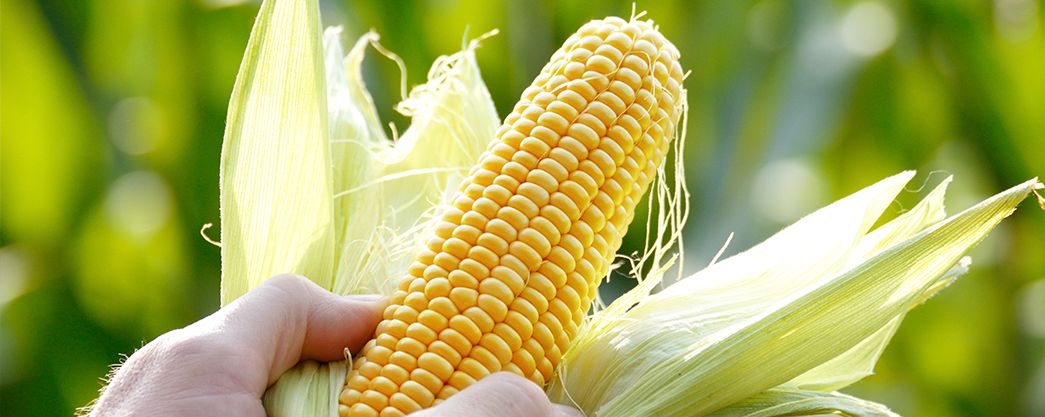All you need to know about … Corn

Whether you enjoy it charred on the barbecue, dripping with melted butter, tossed in casseroles, or popped into a tasty snack, corn is a firm family favourite. Let’s have a closer look at this popular vegetable, its uses and how to store it so you can enjoy it for longer.
Corn is also known as maize, and it is one of the most popular cereal grains in the world. Corn is actually a vegetable, a grain and a fruit. This is because whole corn is considered a vegetable, while the kernels are a wholegrain, and as it comes from the seed part of a plant in the grass family, it is also a fruit. Irrespective of its category, corn is a widely used and healthy addition to your diet.
Grown worldwide, corn is native to Central America and is one of the most popular crops grown in the world. Although there are many varieties of corn, the three most popular are sweet corn, field corn and flit corn. Sweet corn is the whole cobs and kernels that you find in grocery stores; field corn is farmed to feed cattle and other animals and is also used in manufactured foods like tortilla chips; and flint corn is available in many colours and is often used for decorative purposes.
Corn is sometimes referred to as “yellow gold” because it can be used to make a wide variety of products and by-products including corn oil, corn flour, cereals, snack foods, salad dressings, soft drink sweeteners, chewing gum, peanut butter, taco shells, soap, paint, cork, linoleum, polish, adhesive, cosmetics, candles, dyes, pharmaceuticals, insulation, recyclable plastics and food storage.
Typically yellow in colour, corn also comes in a variety of other colours including purple, white, red, orange, blue, and black, and there are even multicoloured cobs. Nutritionally, corn is a good source of energy as it is high in complex carbohydrates. It is a starchy vegetable but is lower in fat, sugar and sodium than some other starchy vegetables. Corn contains protein, fibre, copper, zinc, vitamin C and B6, potassium and niacin and it has several beneficial antioxidants. Studies have demonstrated that corn may help prevent diverticulitis, and as a good source of the carotenoids lutein and zeaxanthin, which are good for eye health, it can help prevent lens damage that leads to cataracts.
When buying, choose corn with bright green husks and plump kernels. Learn how to remove the silk of the corn here. Store corn cobs in the vegetable drawer of the fridge to prevent them drying out. If you are not going to eat corn cobs within a few days of buying them, you can freeze them either whole or after cutting off the kernels. If you are freezing whole corn cobs, we recommend blanching them prior to freezing to maintain their juicy texture and colour.

